
MANILA, Philippines – Leaders from several countries will converge in the Philippines next week to attend the concluding event of the 2015 Asia Pacific Economic Cooperation (APEC) Summit or the APEC Economic Leaders' Meeting.
From 18, APEC now has grown to 21 member-economies and their respective leaders are expected to join the meetings next week – except Indonesia's Joko Widodo and Russia's Vladimir Putin who will be sending representatives. But where were these current heads of state when the country first hosted the APEC Summit in 1996?
Rappler looks back on the lives – private, political, and military, among others – of the high profile leaders who are set to achieve inclusive growth for a better world.
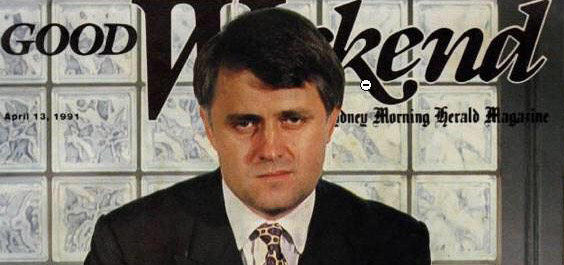
Prime Minister Malcolm Turnbull
Australia
In 1996, Malcolm Turnbull was in his 3rd year as chairman of the Australian Republican Movement while working in his investment banking firm, Turnbull & Partners Ltd.
In 1997, Turnbull proceeded to become managing director and later partner of multinational investment bank Goldman Sachs.
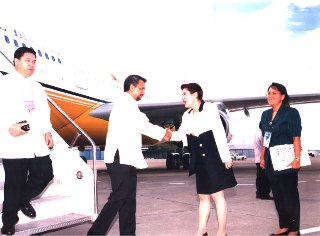
Sultan Hassanal Bolkiah
Brunei Darussalam
Sultan Hassanal Bolkiah attended the 1996 APEC Summit in the Philippines.
Bolkiah, who ascended in 1967 after his father abdicated from the throne, was in his 29th year as Sultan of Brunei and 12th year as self-appointed Prime Minister.
It was also in 1996 when the Sultan of Brunei threw a lavish party – complete with celebrity guests like Michael Jackson – for his 50th birthday.
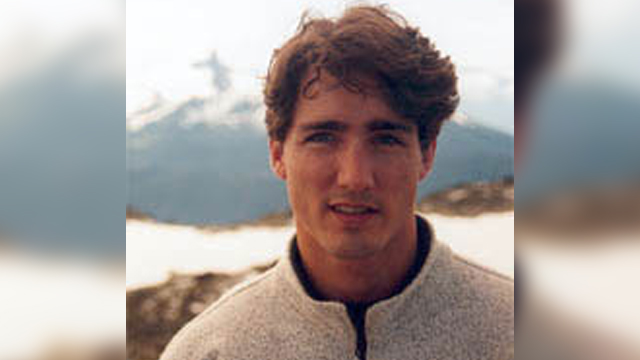
Prime Minister Justin Trudeau
Canada
In 1996, 25-year-old Justin Trudeau was studying to be a teacher at the University of British Columbia two years after graduating from McGill University with a BA in English Literature.
According to his website, his decision to pursue education was a "way of having a positive influence in the world."
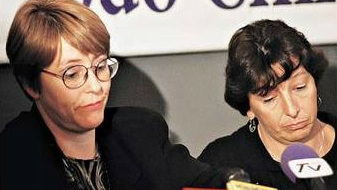
President Michelle Bachelet
Chile
Michelle Bachelet, who was in her 3rd year as Senior Assistant to the Deputy Health Minister, ran for mayor of the weathly area of Las Condes but lost to Joaquin Lavin in 1996.
She also started her military strategy studies at the National Academy of Political and Strategic Studies in Chile that same year.
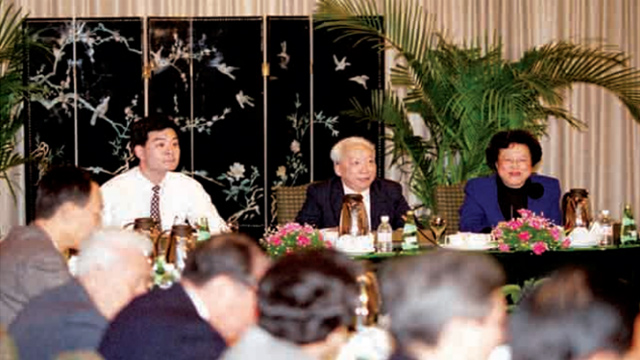
Chief Executive Leung Chun-ying
Hong Kong
Leung Chun-ying was Deputy Director of the Hong Kong Special Administrative Region Preparatory Committee.
The latter part of 1996 saw him take the position as member of the Provincial LegislativeCouncil of Hong Kong – the interim legislature of the region from 1997 to 1998.
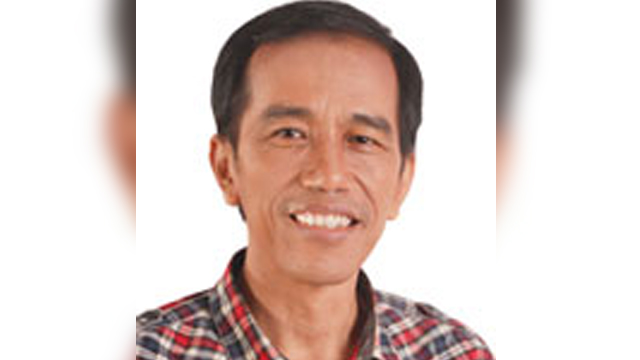
President Joko Widodo
Indonesia
In 1996, Joko Widodo was in his last year as Head of Mining and Energy, Surakarta Chamber of Commerce and Industry.
The Indonesian President served in the said chamber from 1992 to 1996.

President Xi Jinping
China
In 1996, President Xi Jinping was the Deputy Secretary of the Communist Party of China (CPC) Fujian Provincial Committee.
He was also serving as the 1st Political Commissioner of the Anti-Aircraft Artillery Reserve Division of Provincial Military Area Command.

Prime Minister Shinzō Abe
Japan
Shinzō Abe was in his 3rd year as Member of the House of Representatives in the 1st district of Yamaguchi Prefecture in 1996.
Abe, the youngest post-war prime minister of Japan, was first elected into public office in 1993 and eventually became prime minister first in 2006 and second in 2012.
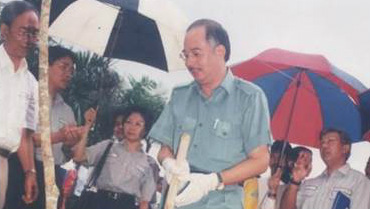
Prime Minister Najib Razak
Malaysia
1996 marked the 2nd year of Najib Razak as Minister for Education of Malaysia. He previously served as Minister for Defense from 1991 to 1995.
Under his term as Minister for Education, the 1996 Private Higher Education Institutions Act was enacted which paved the way for foreign universities to start schools in Malaysia.
Razak became Prime Minister of Malaysia in 2009.
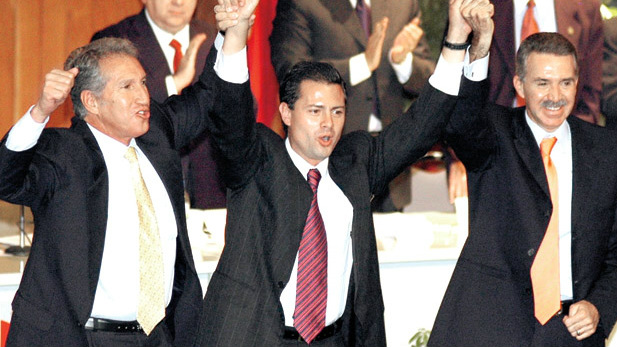
President Enrique Peña Nieto
Mexico
In 1996, Enrique Peña Nieto was Chief of Staff for the State of Mexico's Secretary of Economic Development of the State of Mexico.
In the same year, he closely worked with his uncle, Secretary of Economic Development Arturo Montiel Rojas.
In 2005, Peña Nieto became the governor of the State of Mexico and was eventually elected to the presidency in 2012.
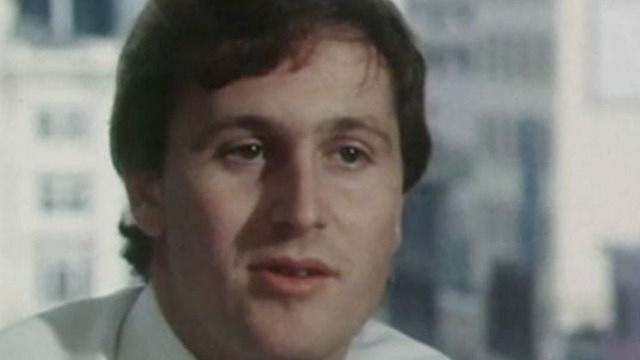
President John Key
New Zealand
John Key was on his 2nd year as Head of Global Foreign Exchange of wealth management firm Merrill Lynch in 1996. He first joined the firm as Head of Asian foreign exchange based in Singapore.
Key assumed office in 2008 after spending 7 years in parliament.
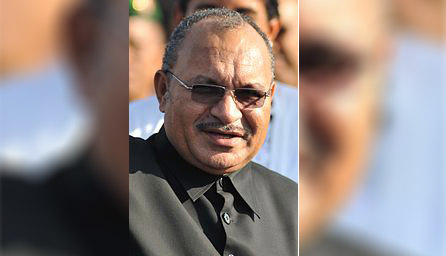
Prime Minister Peter O'Neill
Papua New Guinea
Peter O'Neill was living a private life as a businessman in 1996. He would enter politics through parliament 6 years later in 2002.
Before being sworn in as the 9th Prime Minister of Papua New Guinea, O'Neill spent a few months as the Minister of Finance.
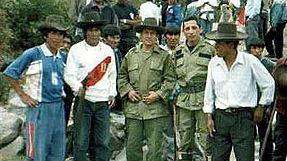
President Ollanta Humala
Peru
Ollanta Humala was at the height of his military career in 1996.
The previous year saw him serving in the Cenepa War, a short battle over territory control on the northwestern edge of Peru, against Ecuador.
In 2006, Humala ran for president but lost. He was eventually elected president in 2011.
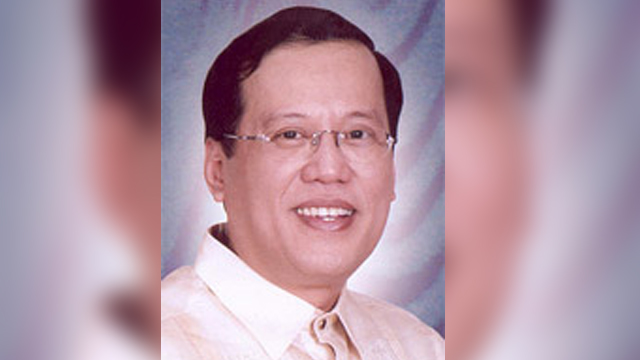
President Benigno Aquino III
Philippines
Benigno Aquino III was in his final year as executive assistant in the Cojuangco-owned Central Azucarera de Tarlac in Hacienda Luisita in 1996. He later worked as manager for field services for the sugar refinery.
In 1998, he entered public service after being elected as Tarlac's 2nd district representative.
Aquino later became part of the two houses of Congress and eventually Philippine president in 2010.
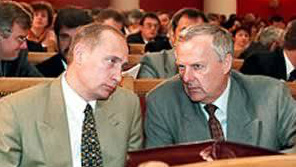
President Vladimir Putin
Russia
Vladimir Putin, in 1996, moved to Moscow and worked as the Deputy Chief of the Presidential Property Management Department of Russia.
He was previously Deputy Chairman of the St Petersburg City Government.
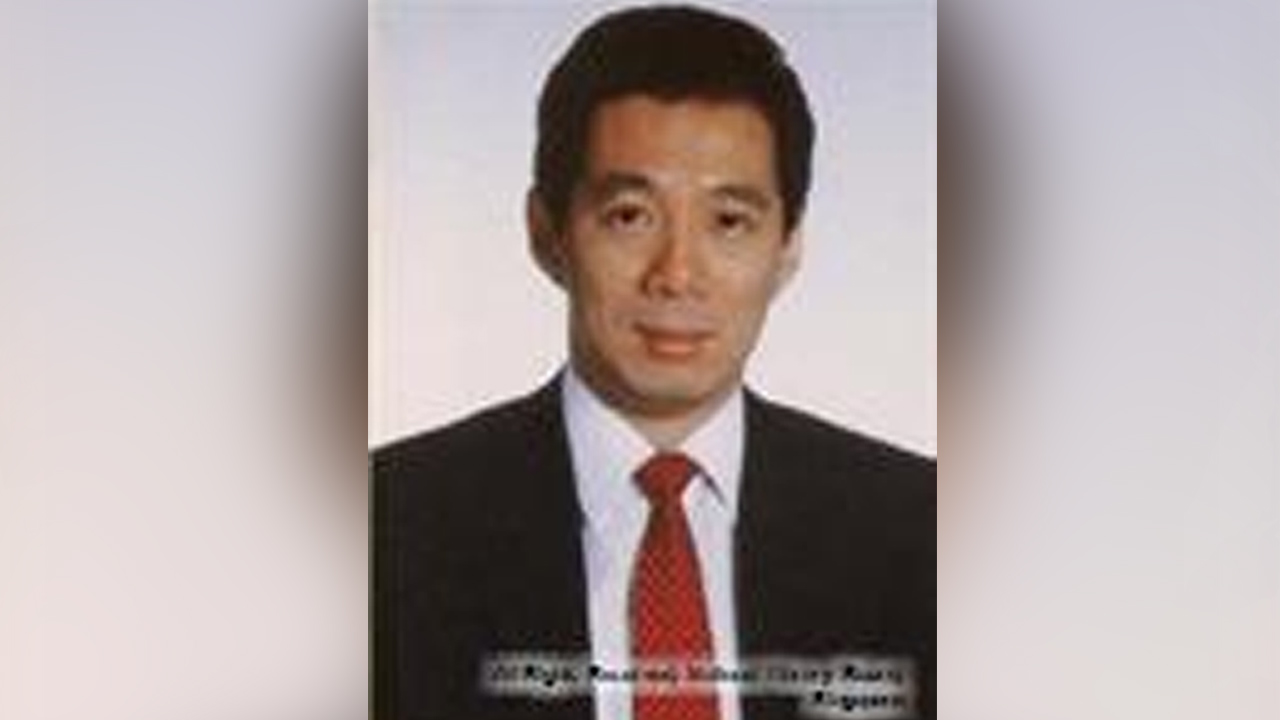
Prime Minister Lee Hsien Loong
Singapore
Lee Hsien Loong was in his 6th year as Deputy Prime Minister of Singapore in 1996.
The first son of Singapore's first Prime Minister, Lee Kwan Yew, he also served as Minister for Trade and Industry and Minister for Finance.
He became prime minister in 2004.
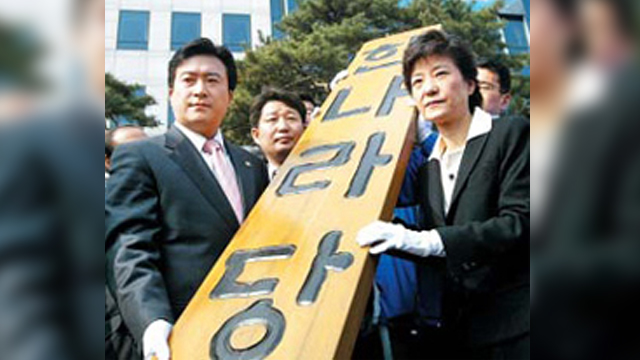
President Park Geun-hye
South Korea
Park Geun-hye headed educational and cultural foundations after her father's death and even until 1996.
Two years later, in 1998, she ran and won with a huge margin as representative of the Dalseong district to the National Assembly under the conservative Grand National Party.
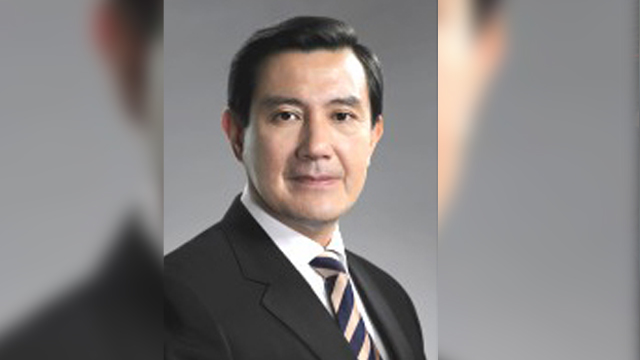
President Ma Ying-jeou
Chinese Taipei
In 1996, Ma Ying-jeou was relieved of his post as Minister of Justice after serving 3 years.
He returned to academia but eventually ran and won as Taipei Mayor in 1998.
He held the position for 9 years before being elected president in 2008.
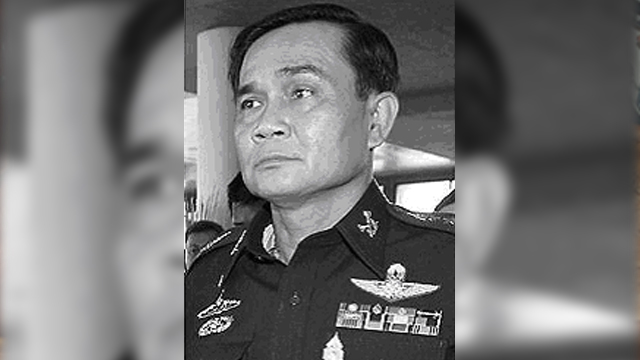
Prime Minster Prayuth Chan-O-cha
Thailand
Prayut Chan-o-cha, former Commander in Chief of the Royal Thai Army, was part of the 21st Infantry Regiment in 1996. The said infantry enjoyed the status of Royal Guards.
Prior to being the 29th Prime Minister of Thailand in 2014, Prayut served as the Royal Thai Army chief of staff for two years.
He was appointed honorary adjutant to the king in 2009 before eventually becoming the commander-in-chief a year later.
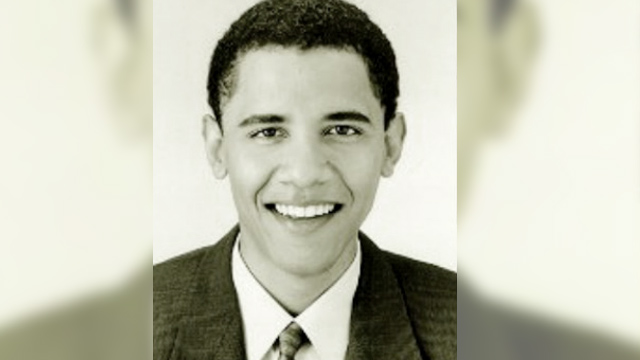
President Barack Obama
United States of America
He also was a Senior Lecturer at the University of Chicago Law School and counsel of Davis, Miner, Barnhill & Galland, a law firm focused on the rights and development of the marginalized.
In 1996, Barack Obama was elected to the Illinois Senate, representing the state's 13th district.
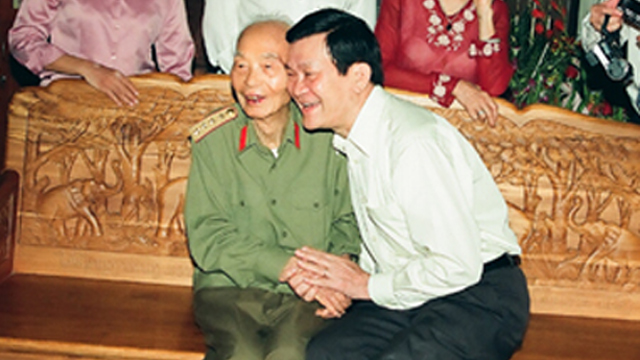
President Truong Tan Sang
Vietnam
Truong Tan Sang was in his final year as Chairperson of the Ho Chi Minh City Party Committee in 1996. He moved to being Secretary of the committee in the same year.
– Rappler.com